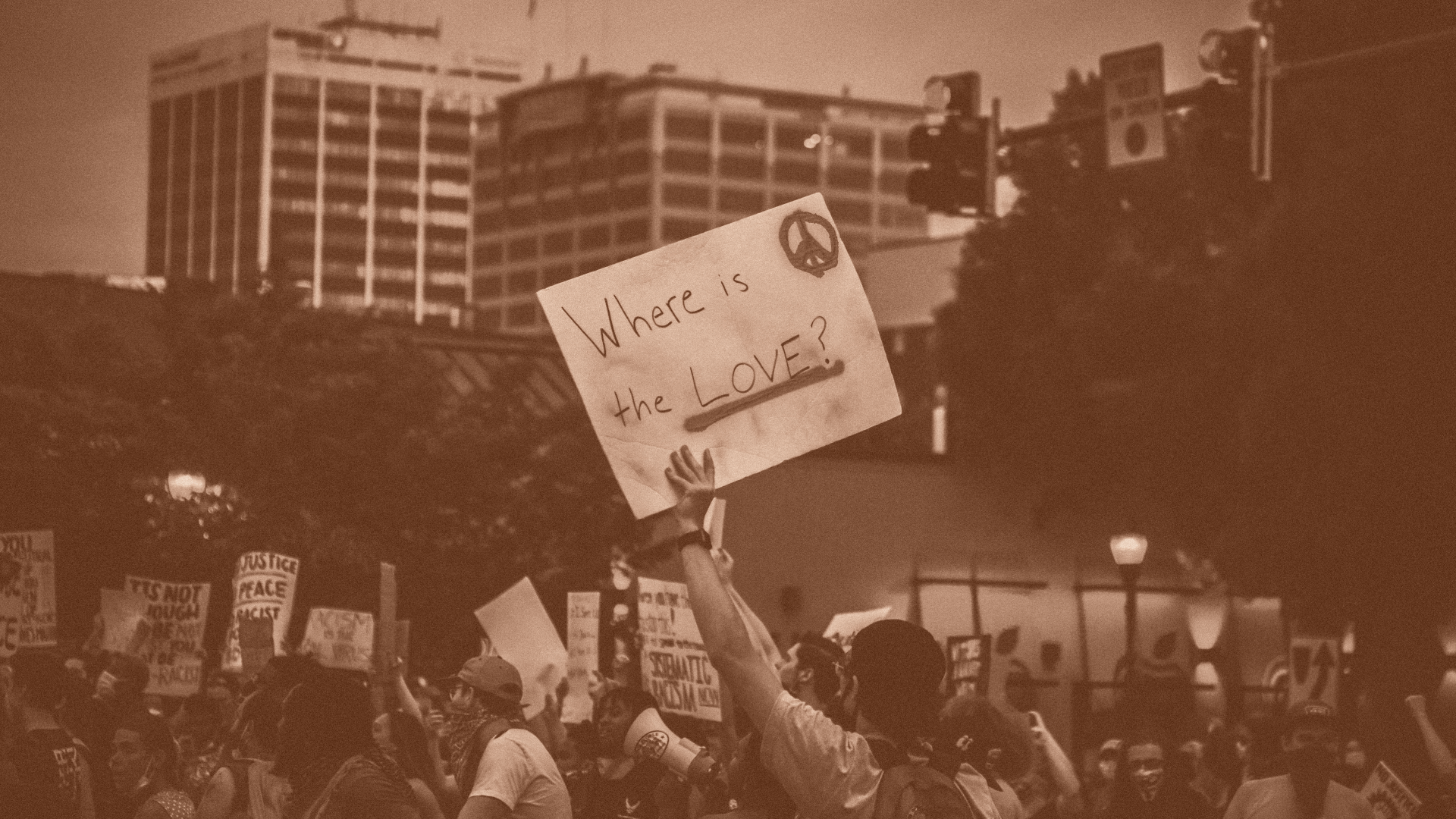Have you ever felt a sense of hopelessness or despair about climate change?
Many young people feel strongly about environmental issues and feel genuine anxiety about the scale of the challenges and inadequate global response. Climate change was the number one concern in Deloitte’s 2019 survey of millennials and Gen Z in Australia. A survey of over 1500 young people by ReachOut Australia found that 80% are anxious about climate change, 46% feel anxiety about it on a weekly basis, and 77% do not believe their concerns are being addressed.
For those who have already experienced ecological grief and anxiety over recent losses to habitat, biodiversity, cultures, and ecosystems, or anticipated future changes, it is worth acknow-ledging that your emotional reactions are a healthy response that signal your relationship with the living world.
Acknowledging, rather than denying heavy emotions is really important for addressing the anxiety and depression associated with complex, macro issues. If we can engage with our messy feelings from a position of compassion, acceptance, curiosity, and understanding, we can remain more present with environmental challenges instead of switching off or numbing out. We need a safe place where messy feelings can be shared.
“Safe spaces you can visit. Look them up!”
headspace
A foundation that provides under 25’s with wellbeing and health support.
UTS Enviro Collective
A group of Environmental student activists at UTS.
Commons Social Change Library
An online distributor of key lessons around progressive movements in Australia and across the globe.
Psychology for a Safe Climate
A not-for-profit network of psychologists fostering engagement with climate change.
The Work That Reconnects
A network pioneering the work of Joanna Macey, transforming despair and overwhelm into collaborative action.
GenDread
A newsletter pitched at 16 – 35-year-olds, offering ingredients for good mental health in the ecological crisis.
Reachout
An online service and peer support forum for people aged 14-25 that provides information around issues affecting youth.
Climate Conversations
A unique psychosocial project addressing the practicalities of carbon reduction while taking into account the complex emotions and social pressures that make this difficult.
UTS student services
Student counselling services at UTS.
When left unacknowledged, anxiety and depression can be negative and harmful. However, when addressed effectively, they can lead to positive outcomes. Psycho-logists who work with climate- and eco-anxiety state that people benefit from turning ‘feelings of distress’ into tangible action as an outlet and way of processing.
Individual actions
- Use your money for good
- Switch to renewable energy at home and/or work
- Make positive personal lifestyle choices, like reducing food waste and taking public transport where possible
- Supporting indigenous cultures and traditions
Collective actions
- Becoming an active member of a climate activism group (have you heard of the UTS Enviro Collective?)
- Protest for climate and environmental justice
- Engage your family and friends in discussions
- Get political — write to a local MP or corporate/industry leader to show your concern
How to Talk about the Climate Movement
- Focus on local issues
- Make it personal and relevant
- Try to find mutual points of empathy and connection
- Try to highlight what we have to gain from action and not just what we’ll lose
- Try not to focus on blaming, villainising, or setting up an ‘us vs them’ dynamic
- Focus on the present - not just the future
- Be honest about the size of
- the truth but try to avoid catastrophising
- Recognise people’s negative feelings of anger, grief, anxiety and guilt
- Understand that this is hard, no matter who you are and what you believe
- Encourage a form of active hope, despite what science tells us


 -
-